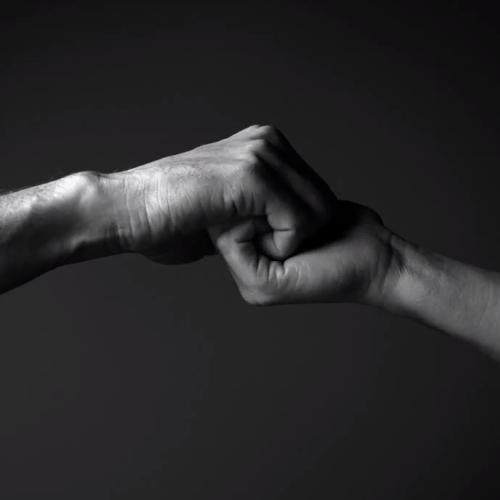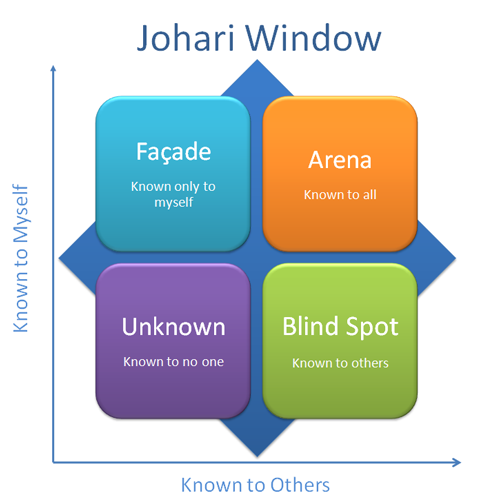At Frédérique Constant, we recognize that any company’s most valuable asset is its workforce. Nowhere is this more true than within our organization, because we actively seek a highly diverse range of talented individuals who must be exceptionally passionate about their craft in order to join our team. Personal development must be one of our core values if we are to retain the best of the best. At Frédérique Constant, we think it’s important for employees to grow both personally and professionally. It’s important to constantly challenge and stretch yourself, and not be stuck in a job where you don’t feel like you are growing or learning. We believe that inside every employee is more potential than even the employee himself/herself realizes. Our goal is to help employees unlock that potential. But it has to be a joint effort; you have to want to challenge and stretch yourself in order for it to happen.

Even though we’re all on the same team, every one of us has different needs, whether socially, domestically, or educationally. Recognition is one thing, but policies that permit and encourage personal development are a different matter entirely. We empower our people when they learn by doing, accept new challenges, and take advantage of the opportunities to grow as employees and as people. We believe that by learning and growing together, and applying our skills and knowledge collectively, we will ultimately triumph over our less-dynamic rivals in the marketplace.



